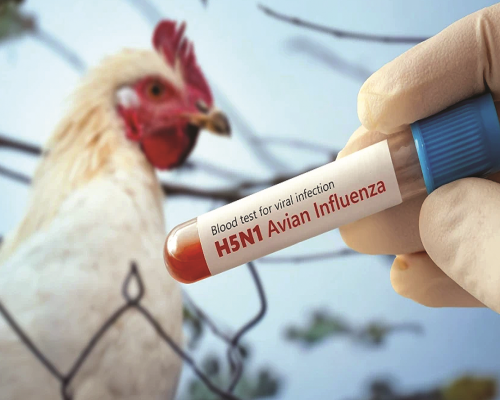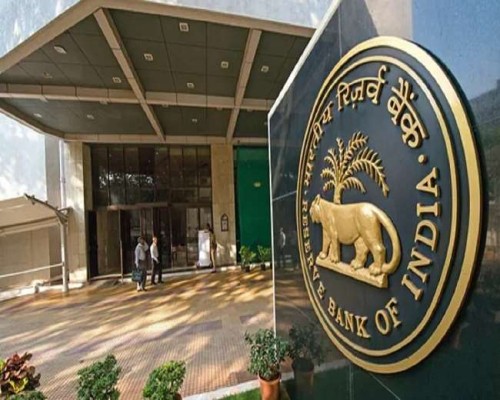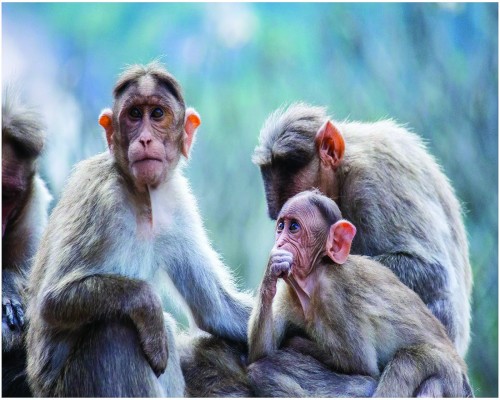Indian Scientists Develop Bird Flu Vaccine, Aiming to Protect Humans Too

In a significant breakthrough, Indian scientists have successfully developed a vaccine for bird flu, one of the deadliest viruses affecting poultry and humans worldwide. The vaccine was created by extracting the live virus from fertilized chicken eggs, and successful trials were conducted in Karnataka.
Vaccine Development and Testing
The vaccine has been developed by scientists from the Indian Veterinary Research Institute (IVRI), focusing on tackling the H5N1 bird flu strain, which has caused massive economic losses in India’s poultry industry. Initial trials in Maharashtra and Karnataka have shown promising results, raising hopes for its large-scale production and distribution.
How the Vaccine Works
The virus was carefully extracted from the outer shell of fertilized eggs and cultivated for vaccine development. According to experts, this new vaccine triggers an immune response in birds, offering them long-term protection against bird flu. Scientists believe this technology could be further adapted for human protection in the future.
India’s Heavy Losses Due to Bird Flu
Bird flu has caused billions of rupees in losses to India’s poultry industry over the years. Since 2006, India has reported multiple outbreaks, leading to mass culling of birds and severe financial setbacks. Globally, bird flu has affected 24 countries, with over 954 reported human infections, of which 464 resulted in fatalities.
Potential Human Impact and Future Research
Given the ability of H5N1 to spread from birds to humans, researchers at ICMR (Indian Council of Medical Research) are now exploring the vaccine’s potential for human use. The development is seen as a major step toward preventing future outbreaks and strengthening India’s
preparedness against zoonotic diseases.
This breakthrough marks a major milestone in India's fight against avian influenza, offering hope for both poultry farmers and public health authorities.





















